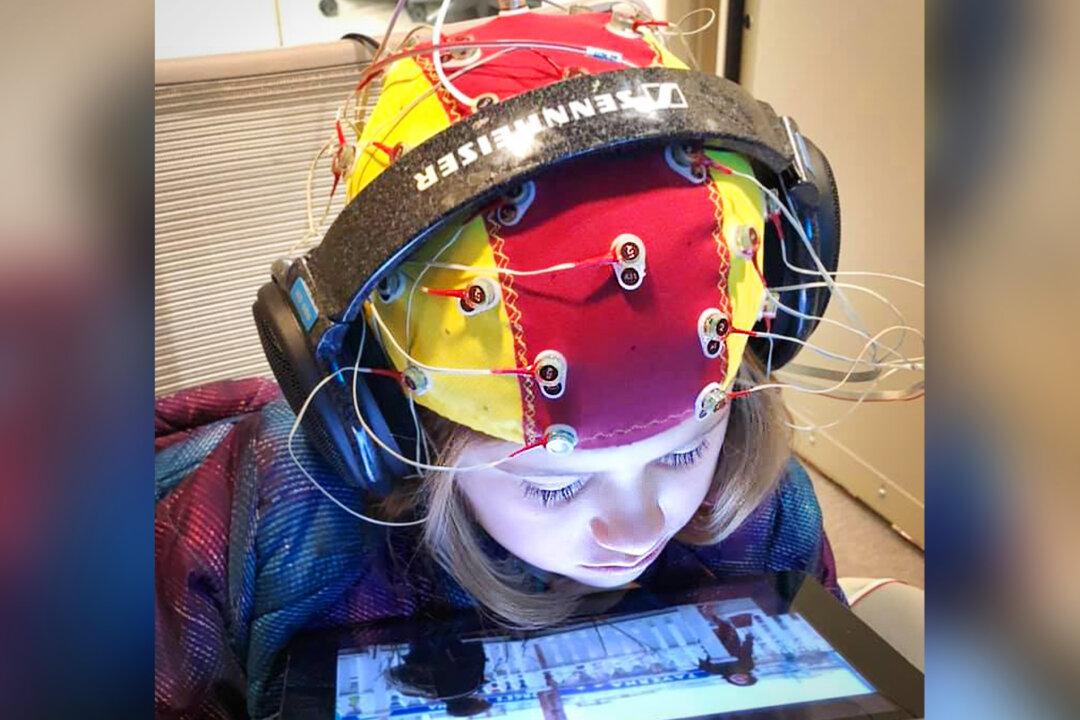Melissa had always been reliant on “planning” to determine her own destiny.
She planned a successful business with her husband Dean Pollman; and together, they built a blended but “perfect” family, having four beautiful kids, and what seemed like the perfect life—going on camping trips, boating, and skiing in the winter—in Salem, Oregon.






